Nationwide strikes in France in response to Macron’s pension reforms
France has been hit by yet another wave of mass strikes and protests. The row is about President Emmanuel Macron's controversial pension reforms.
An estimated 1.28 million people have participated in the nationwide strike. The demonstrations were some of the biggest in decades. The nationwide strike have disrupted train services, shut schools, and, halted fuel deliveries.
Unions have stepped up their campaign to force a U turn on a deeply unpopular policy. Workers from different sectors have walked out of their jobs and held demonstrations in Paris and other cities.
Refineries have stopped fuel deliveries, most trains have come to a halt and power production has decreased during the industrial action. Some scuffles have broken out on the sidelines, with some people throwing projectiles at the police, who responded with tear gas.
Unions have threatened to freeze the economy with work stoppages. Some unions have called for open ended strikes in sectors from refineries and oil depots to electricity and gas facilities. .
This is the sixth time since the start of the year that Union's have called a nationwide day of strikes and demonstrations.
The disruption is expected to be greater and last longer as the rail unions call for rolling open ended strikes. This could affect all national trains, as well as international routes.
Trains to Germany and Spain came to a halt, and those to and from the United Kingdom and Belgium were reduced by a third.
Some students have also blockaded faculties and some schools have closed as teachers staged a one day strike.
I don't want to work until I'm 64. I say to myself enough already. For the moment there are only promises made and we don't know when it's going to end. So it's better to fight now than to lose our gains. That's it.
Striker 1
We all know that people are fed up. People are exhausted. People see around them that there are plenty of colleagues who don't even make it to the current legal retirement age. So how can we expect them to make it to 64? And then, for us, it's 64 but for the years to come and our children, what age will it be? 66? I think the government hasn't taken everything into account.
Striker 2
The strikes and industrial actions are about President Emmanuel Macron's unpopular pension reform.
The government is planning to increase the retirement age from 62 to 64 and increase the number of years of work required to claim a full pension.
The change will be gradual, increasing by three months per year from September this year until 2030.
From 2027 workers will have to make social security contributions over 43 years, rather than 42, in order to get full pensions.
The government says the reforms would boost the employment rate amongst 60 to 64 year olds.
In France the employment rate in this age category is just 33% compared with 61% in Germany and 69% in Sweden.
Precisely it is the most precarious people who are going to suffer the most from the reform and who are going to serve two more years.
It is scandalous. Mrs. Bourne has never been a cleaning lady. She has never been a social worker for handicapped kids. She has never done work where you have to get up at six o'clock in the morning to go to work (taking) hours (to get there), to work on Saturday nights, on Sundays.
She does not know at all. She doesn't know what the people in the population go through. So yes, it is scandalous.
Striker 3
Macron has vowed to go ahead with the bill. The reforms were at the heart of President Emmanuel Macron's reelection campaign last year but are proving deeply unpopular.
His cabinet says the changes are essential to prevent the pension system from falling into deficit and younger people carrying the burden.
Macron's centralist Alliance has the most seats in the National Assembly, but lost its majority in legislative elections last year. Therefore, it needs to count on the support from the right to be able to pass the bill.
Another option for the government would be to use a special constitutional power to force the bill through without a vote. This is a risky choice because such a decision would be highly unpopular.
Somaliland ready to give US access to its minerals, military bases: Minister
VIDEO | Iran's game changing retaliation boxes- part 1
VIDEO | Iran's game changing retaliation boxes- Part 2
VIDEO | Palestinian widow raises three kids in Gaza as her husband killed by Israel
Palestinian teen killed as raids and settler violence intensify across West Bank
Iran’s layered arsenal primed to deter – and decimate – US warships in Persian Gulf
Iranian commander dismisses US military buildup in West Asia as ‘theatrical gesture’
Trump ‘curious’ why Iran hasn’t ‘capitulated’ despite massive US military buildup: Witkoff




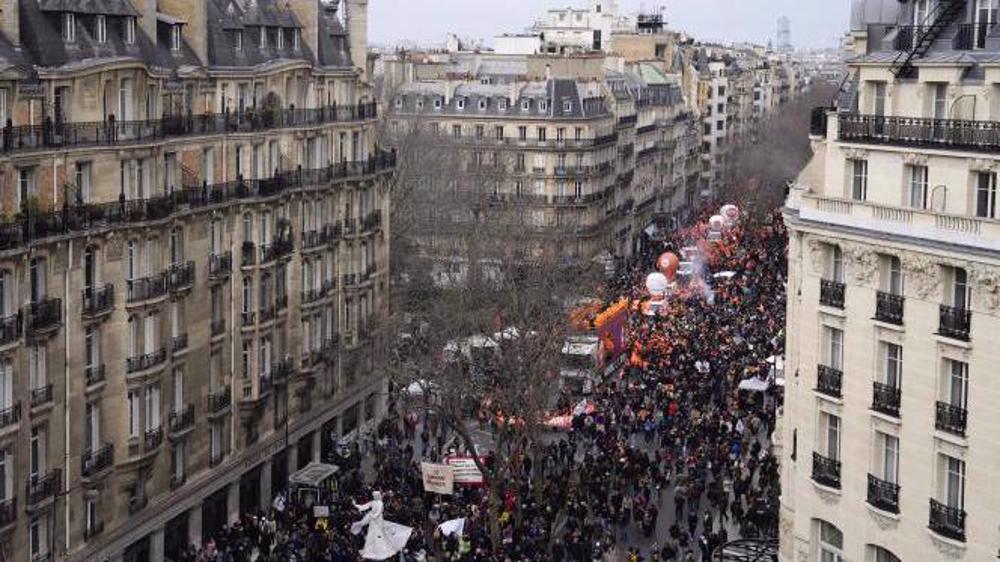
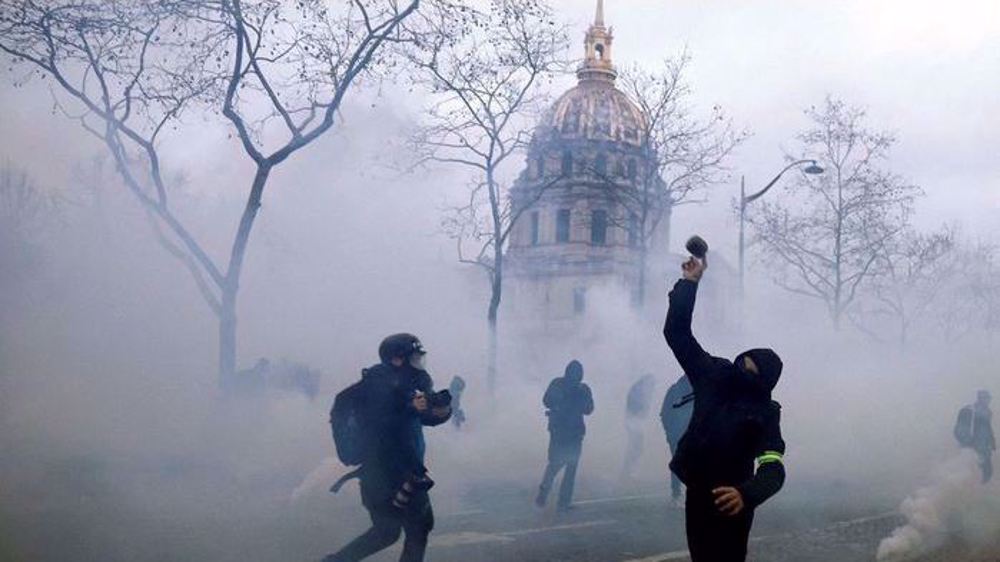
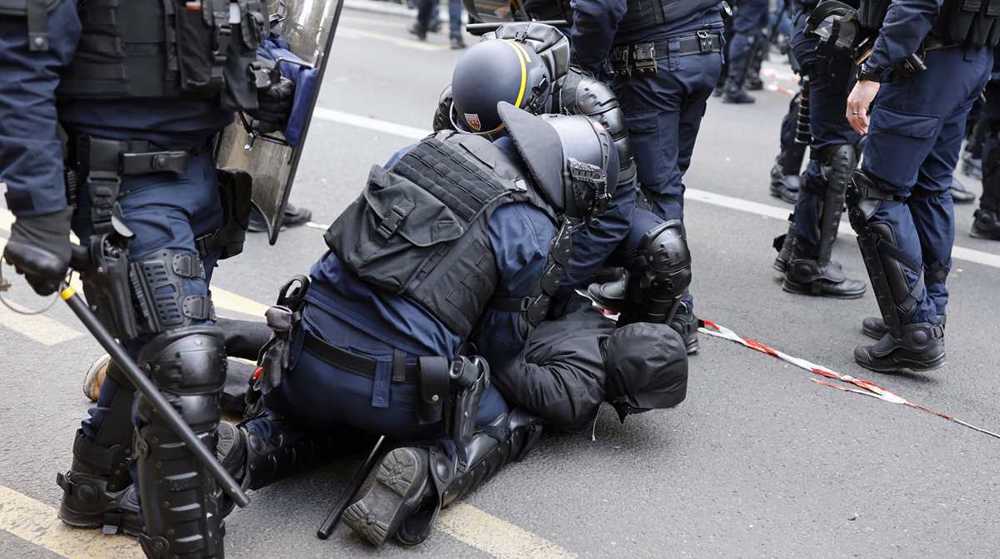
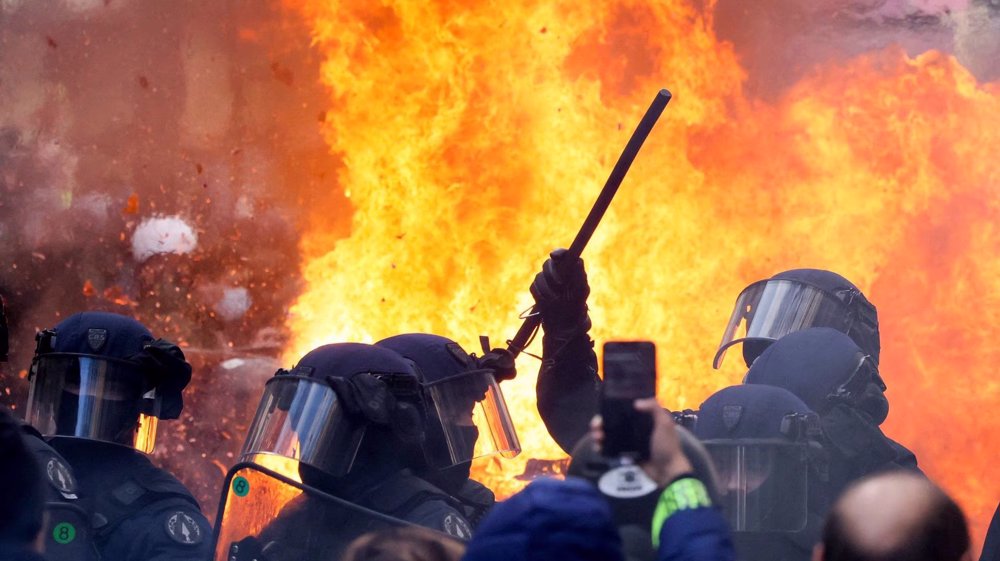
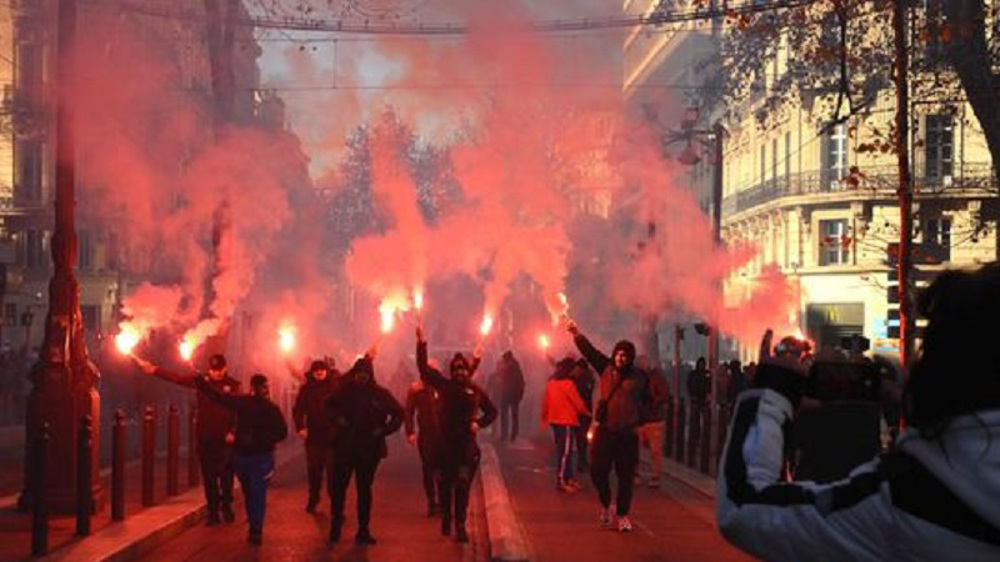
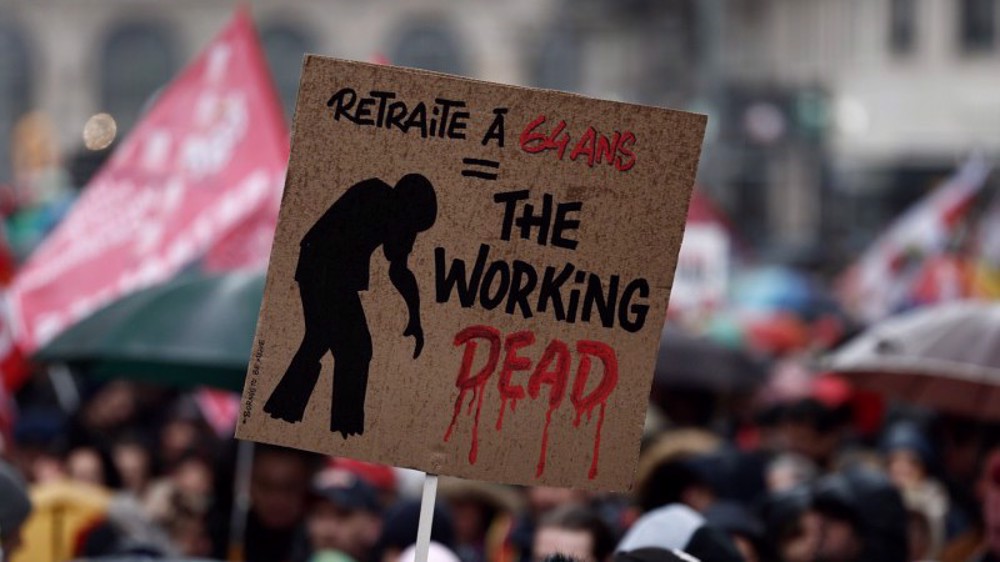


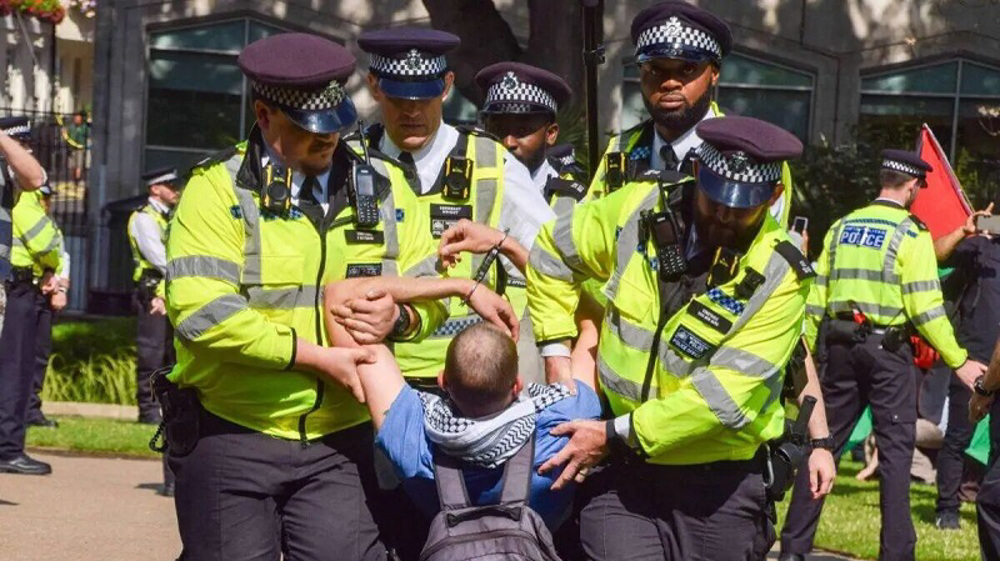



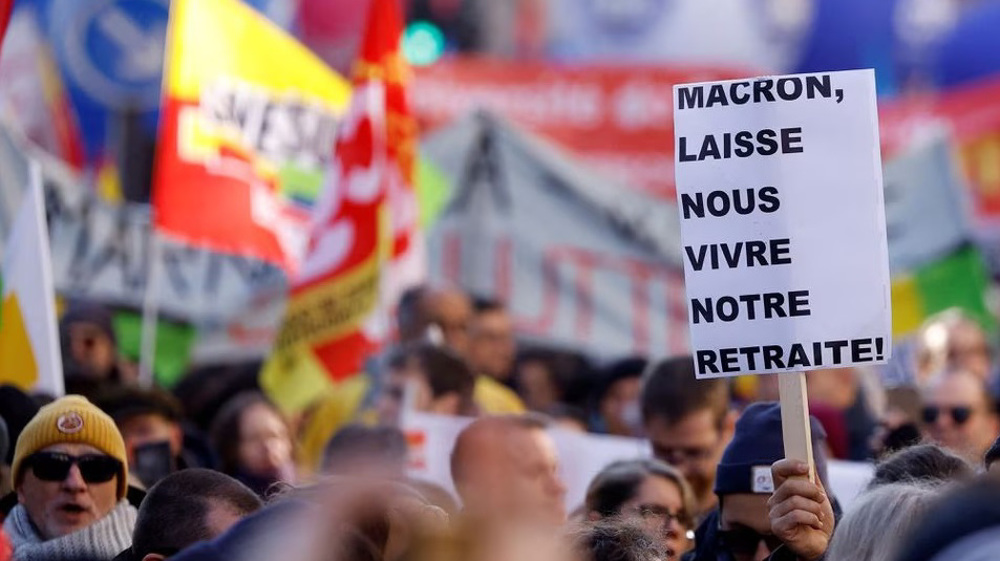

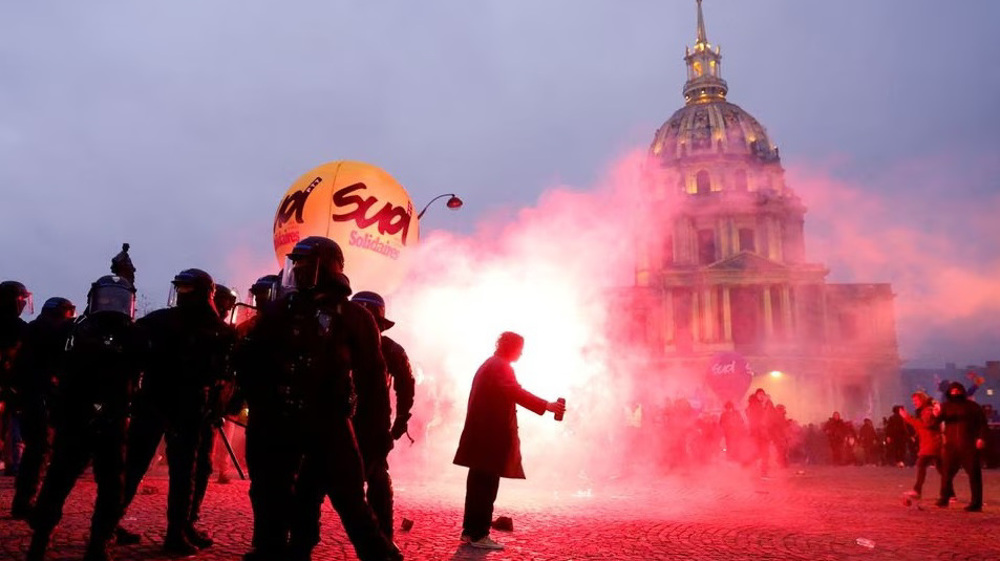
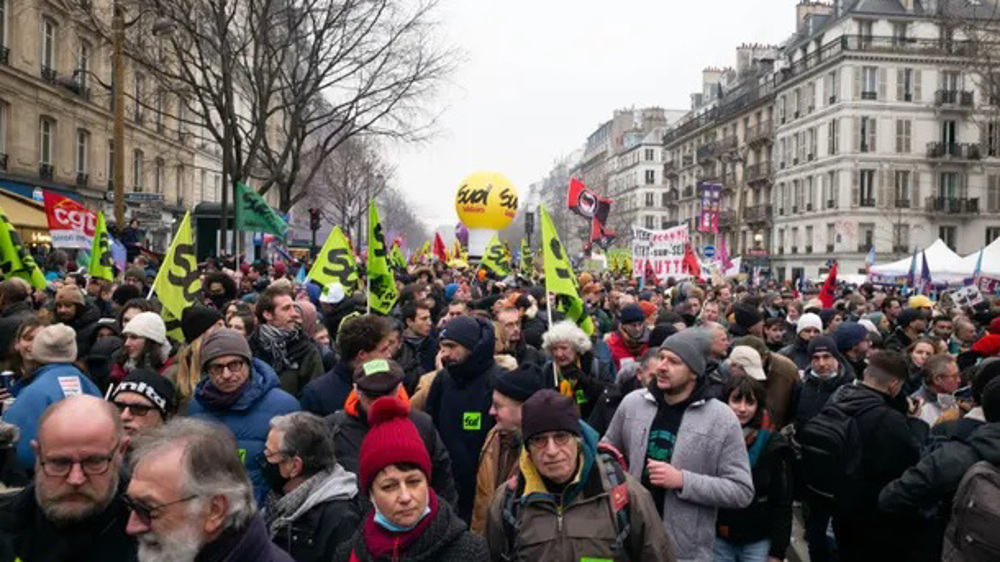
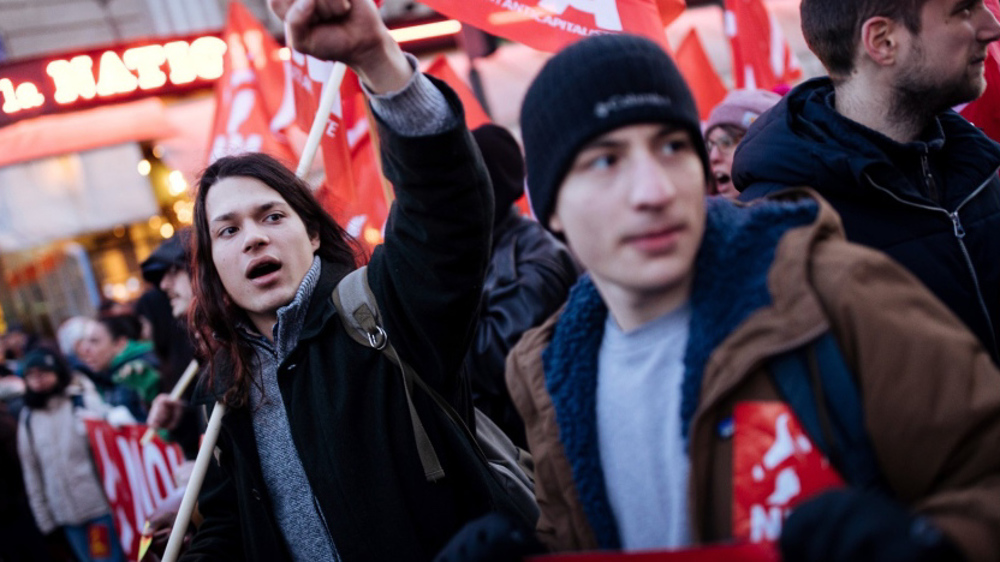

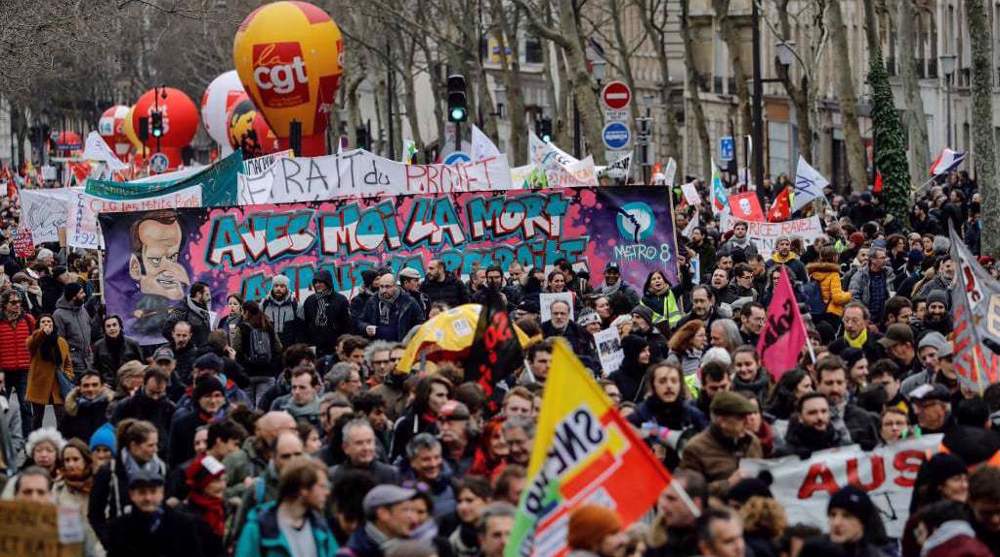
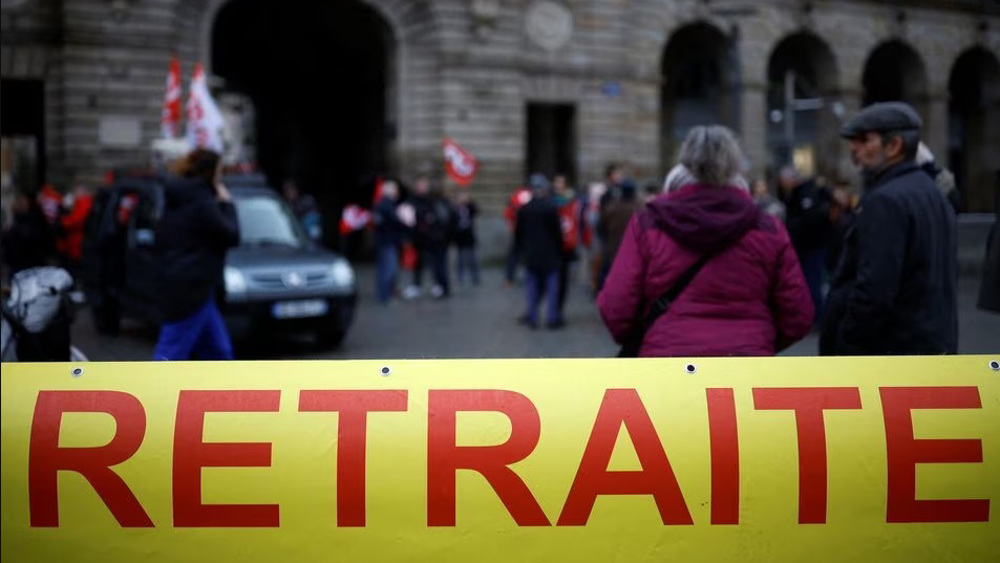

 This makes it easy to access the Press TV website
This makes it easy to access the Press TV website